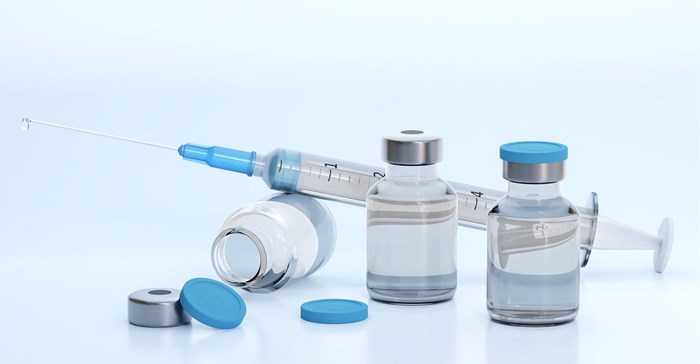Mediclinic SA puts mandatory vaccinations on ice

The organisation has said it has based its decision on its investigation into and assessment of the Omicron variant.
"Recent data indicates that the Omicron variant has behaved differently to the preceding Covid-19 variants. This change in symptomatic nature eased the burden on our hospitals and brought about changes to the lockdown regulations and guidance of the National Institute of Communicable Diseases. Considering the behaviour of the Omicron variant and the reduced risk in our workplace, Mediclinic has decided to ease the implementation of some aspects of our Mandatory Vaccination Policy at this stage." Mediclinic Southern Africa said.
In a media statement it said all employees (vaccinated and unvaccinated) will be accommodated in their current positions.
"All employees (whether vaccinated or not) remain obligated to follow the company’s policies, which are aimed at ensuring workplace safety. These include access control measures, the wearing of masks or other PPE and other preventative and risk mitigation measures required from time-to-time."
A change of tune
This news comes weeks later after the organisation slammed commentary making rounds on social media that it had reversed, or was intending to reverse its stance, on its mandatory workplace vaccination policy. It made a formal public statement to this effect.
It stipulated that Mediclinic Southern Africa had introduced Covid-19 vaccination policies for staff and service providers in October last year. At the end of January it had moved the final activation date of mandatory workplace vaccinations from 1 February 2022 to 1 April 2022 for staff and vendors, and said doctors working in Mediclinic facilities would have to be vaccinated by 1 June 2022.
"Mediclinic decided that a Mandatory Vaccination Policy was not only desirable [at the time], but ethically the right thing to do to provide a safe and positive working environment for our employees, associated doctors and healthcare professionals, and other service providers when serving our patients," it said.
"The policy was [due to be] rolled out for implementation from 1 April 2022 with an exemption process for those who are unable to vaccinate for valid medical and constitutional reasons."
A victory for human rights
Now staff members of Mediclinic Southern Africa can breathe a sigh of relief; particularly those who do not give consent to having a Covid-19 vaccination or subsequent booster shots, and who fear that the mandatory workplace vaccination policy could cost them their jobs.
"This is a victory for civil society who've pushed back hard against mandatory workplace vaccinations," said Schalk van der Merwe, lawyer and human rights activist - who filed papers at Constitutional Court against the SA president and Cabinet over mandatory workplace vaccinations.
He said Mediclinic's explanation that Omicron was the reason it had withdrawn its mandatory workplace vaccinations was "nonsensical" and that the real reason they are halting their vaccination rollout lies in being unable to circumvent SA's legislation: it protects workers' rights to choose whether or not they want to be vaccinated; and such employees cannot constitutionally be fired as a result.
"Guys, be honest," he said in a social-media post. "You were knocked cold during the "exemption process" when you started reading my opinions and the attached legislation my members sent in. You knew you were caught. You knew you couldn't go on with the charade.
"You're a shameful bunch of weaklings."
Unwavering in its view
Mediclinic confirmed 94% of its staff were already vaccinated.
"Mediclinic remains unwavering in its view that vaccination remains the best way to ensure protection of our staff, patients and other health care workers against severe infection and death," Mediclinic Southern Africa said. "The policy remains in place but is only eased due to the current available clinical evidence and risk evaluation.
"Mediclinic will continue to monitor the pandemic closely, be agile and reconsider its position as and when required, in the interest of our patients’ and stakeholders’ safety."


































